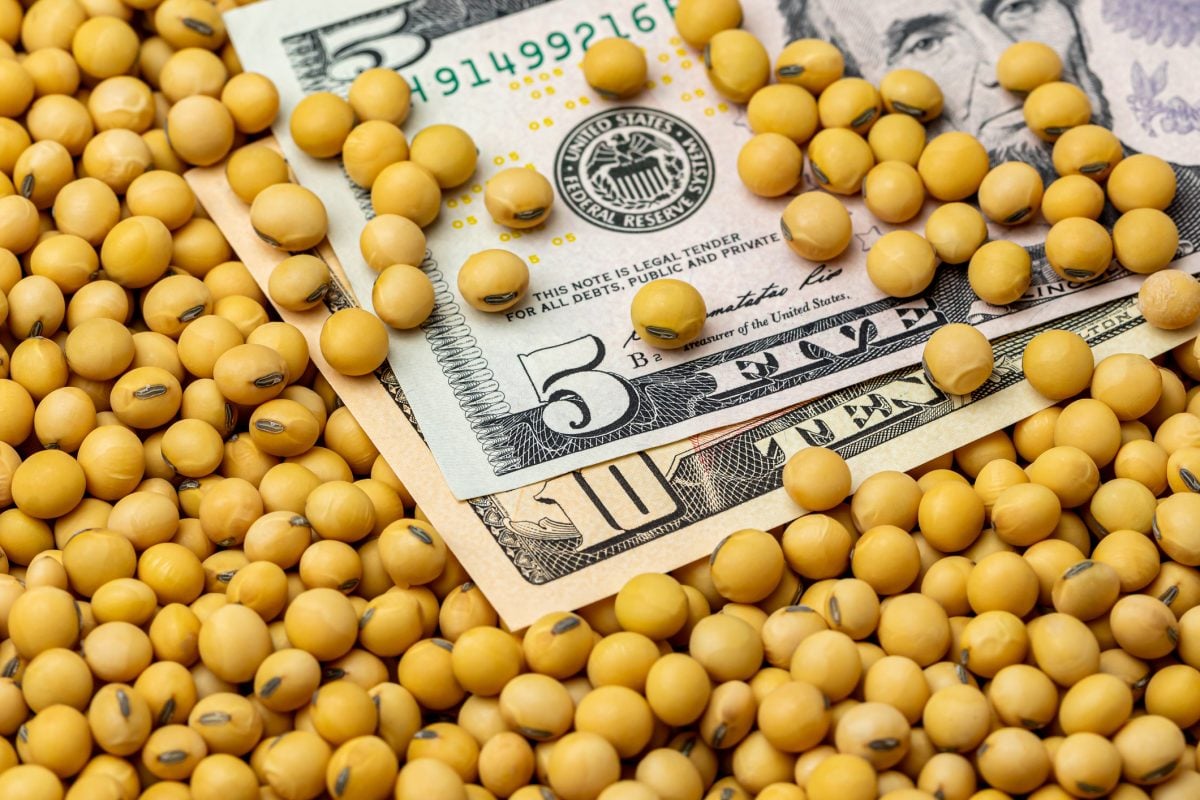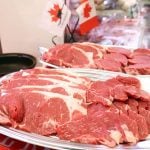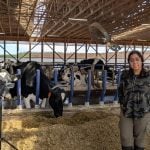Western Canadian feeder cattle prices experienced a week-over-week decline of $8-$12 on average while isolated sales dropped nearly $20. The sharp fall in the fed cattle market was the main reason for the deteriorating buying interest.
Just when feedlots thought the worst was over, the market gave them another dose of reality. The retail market is unable to absorb the surge in third-quarter beef production at the current price levels. Alberta packer bids were in the low $140s this week, about $20 below breakeven pen closeouts. Quality cattle had a hard time garnering any type of support because cattle feeders are at the stage where they can’t bring in any cattle that don’t show profitability. The market reflected a wide variance in each weight category due to the uncertainty in deferred prices for fed cattle. This fallout in the short term could have lasting repercussions and I think the market is now in reality of potential value for the fall period. U.S. feeder markets were also down $10-$15 from last week which spilled over into Western Canada.
Read Also

U.S. grains: Soybean futures hover near 15-month high after China buys U.S. cargoes
Chicago Board of Trade soybean futures hovered near a 15-month high on Wednesday after trade sources said China made its first purchases from the autumn U.S. harvest ahead of a summit between leaders Donald Trump and Xi Jinping.
Mixed steers averaging 900 lbs. were readily trading from $160 to $165 across the Prairies; 700-lb. steers dipped below the psychological $200 level, selling in the range of $195-$200. Industry quotes for 500- to 525-lb. steers ranged from $215 to $222 in central and southern Alberta. Other regions experienced a light run of feeders not reflective of the overall averages from major buyers.
I mentioned last week that U.S. third-quarter beef production is expected to surge and recent Cattle on Feed reports suggest we may see upward revisions. The financial havoc caused by the Brexit sent equity and currency markets into a tailspin and concerns remain about potential domino effects, not only in Europe but around the world. China’s debt has reached astronomical levels and this fallout cold be a blow to an unstable foundation. Professionals positioned themselves against the Brexit ahead of time, but it’s always the black swan variables that cause the most disastrous consequences.
— Jerry Klassen is manager of the Canadian office for Swiss-based grain trader GAP SA Grains and Produits. He is also president and founder of Resilient Capital, which specializes in proprietary commodity futures trading and commodity market analysis. Jerry owns farmland in Manitoba and Saskatchewan but grew up on a mixed farm/feedlot operation in southern Alberta, which keeps him close to the grassroots level of grain and cattle production. Jerry is a graduate of the University of Alberta. He can be reached at 204-504-8339.













